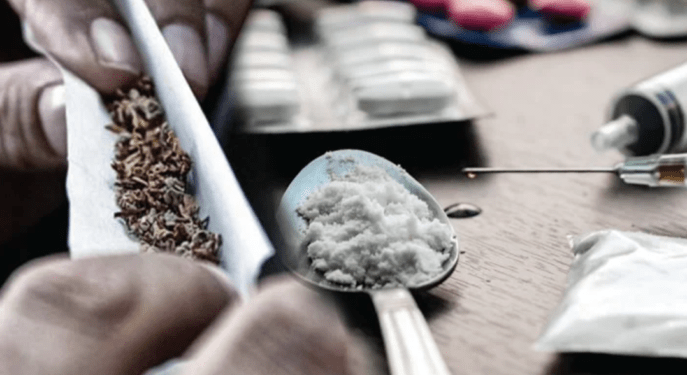The third Republic House of Representatives Forum has kicked against the August 1 protest on the basis that it could result in unrest due to the high prevalence of drug abuse among youths.
“We have come to add our voice to the planned protest. We say no to the protest,” said Basil Okafor, chairman of the 1992 forum, while addressing journalists at the National Assembly in Abuja on Friday.
He said that even though protests could bring the government’s attention to political and economic issues, there was a need to also take into consideration the prevalence of the use of drugs by youths.
“While the right to protest is an integral part of any democracy, it is essential to acknowledge the negative consequences that can arise when protests are conducted in a tense atmosphere, also taking into cognisance the prevalence of the use of drugs by the youths.
“Typical and recent examples of what to expect were seen in Kenya and Uganda, which we believe the planners wish to emulate and perpetrate in Nigeria,” he said.
Mr Okafor said that in a society already burdened with tension, protests could exacerbate the existing problems, further dividing people and escalating tensions.
He said polarised opinions, conflicting ideologies, and deep-seated emotions often characterise a tense society. Mr Okafor added that protests could easily become breeding grounds for violence and unrest in such an environment.
Mr Okafor said the frustration, anger, and resentment beneath the surface could erupt into chaos, undermining the very purpose of the protest and causing harm to individuals and property.
He also said the ills of protest in a tense society lie in the potential for manipulation and exploitation by various stakeholders.
According to him, extremist groups or political factions may exploit protests to further their agenda in times of tension and strife.
“They may infiltrate peaceful demonstrations, incite violence, and spread misinformation, leading to a distortion of the original purpose of the protest and the dilution of its message.”
He said, ”While protests have the potential to make positive changes in society, we need to be cautious of their consequences in tense environments.”
This, according to him, is done by promoting responsible behaviour, fostering dialogue, and seeking common ground.
(NAN)






